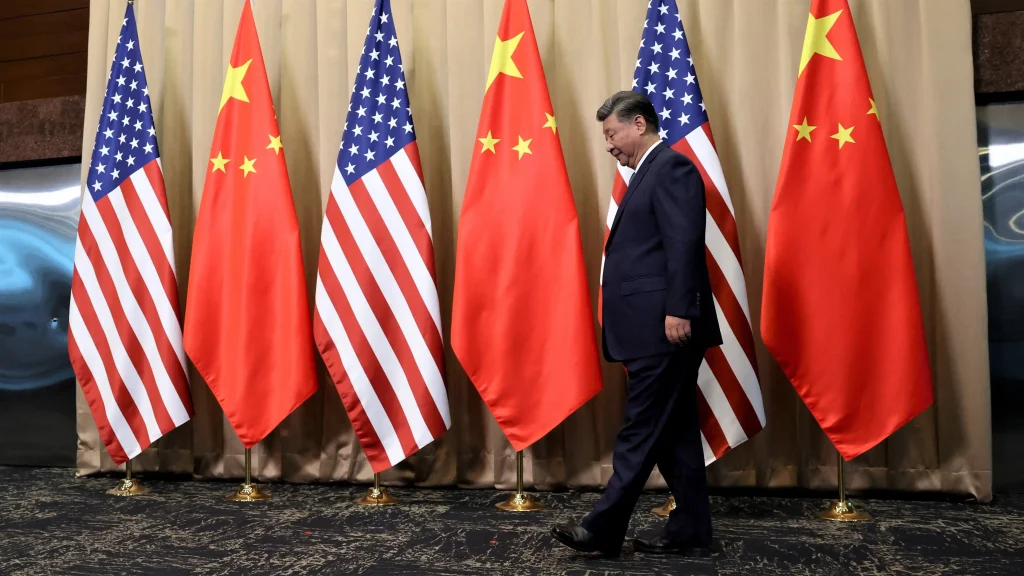In a bold and unprecedented move that is sending shockwaves through Nigeria’s financial sector, Sterling Bank has announced that it will no longer charge customers for local online money transfers. The policy, which took effect immediately on April 1, 2025, was initially mistaken by many as an April Fools’ Day prank. However, the bank quickly confirmed that this was no gimmick—it was a permanent shift in banking philosophy.
Putting an End to Transfer Charges
For years, bank transfer fees have been a common feature of digital banking in Nigeria, with many customers expressing frustration over the frequent deductions on even the most routine transactions. Sterling Bank has now become the first major Nigerian bank to eliminate these charges entirely, opting not to take a single naira for itself on any local transfer made through its mobile app.
This development has been welcomed widely as a game-changing step towards making financial services more affordable and accessible. It marks a significant departure from the longstanding norm where banks profit off customer transactions, regardless of how minimal or frequent they may be.
Driven by Values, Not Profit
According to Obinna Ukachukwu, Executive overseeing Consumer and Business Banking at Sterling Bank, the policy is not just a financial decision but a moral one. He explained that the bank firmly believes access to one’s own money should not come with a penalty.
“We believe access to your own money shouldn’t come with a penalty. This is more than a financial decision—it’s a values-based one,” Ukachukwu said. He added that Sterling’s commitment to fairness, inclusion, and customer-first thinking was the driving force behind the move.
He also emphasized that while Sterling may not be Nigeria’s largest bank, it has consistently been the boldest when it comes to implementing meaningful reforms. “We’re not yet the biggest bank in Nigeria, but we’ve been the boldest,” he noted. “Sterling Bank fearlessly believes in the future of Nigeria, and this is us backing Nigerians with more than words.”
A Boost for Small Businesses and Everyday Nigerians
The zero-transfer-fee policy is expected to deliver substantial savings for a wide range of customers, from individuals managing daily finances to small business owners who rely heavily on digital payments. By removing these often-overlooked costs, Sterling Bank is empowering a new generation of entrepreneurs and consumers who can now transact without fear of being penalized.
In a country where digital banking adoption is on the rise, such a move is a significant step toward greater financial inclusion. It removes a key barrier for those previously hesitant to embrace mobile banking due to hidden fees and small charges that add up quickly.
Not Sterling’s First Customer-Centered Innovation
Sterling Bank has long been known for setting itself apart from the pack through initiatives that place people before profits. During the COVID-19 pandemic, the bank earned public praise for providing supplementary payments to frontline healthcare workers across public hospitals. At a time when institutions were downsizing or cutting costs, Sterling was one of the few extending support.
This long-standing ethos of service to the community has defined Sterling Bank’s brand and continues to guide its business decisions. Its latest move is simply a continuation of its commitment to social responsibility and ethical banking.
Social Media Reactions Spark Nationwide Buzz
As soon as news of the policy broke, it went viral on social media, sparking both surprise and admiration. Across WhatsApp, Facebook, Twitter, and Telegram, Nigerians shared screenshots and testimonies. One viral message from a prayer group read: “Please my good people this is not a joke!!! Sterling Bank has just shocked Nigeria today o!! My neighbour Justina just transferred N100k and no charges!!! God bless Sterling Bank!!”
This enthusiastic response quickly created a ripple effect, placing public pressure on other banks to reassess their own transfer fee structures. Sterling Bank’s bold action has now become a reference point in the national conversation about banking fairness and digital innovation.
Challenging the Status Quo in Nigerian Banking
By choosing to disrupt its own revenue model, Sterling Bank has thrown down the gauntlet. Many banks have long depended on fees from digital transfers as a consistent income stream. For Sterling to walk away from this revenue willingly signals a larger cultural shift—one where customer trust and long-term loyalty are valued above immediate profit.
This policy not only aligns with changing customer expectations but also demonstrates how ethical banking practices can coexist with innovation and competitiveness.
Setting a New Standard for the Industry
Ukachukwu made it clear that Sterling is not afraid to lead and inspire industry-wide change. “We’re proud to lead this change,” he said. “We hope it inspires others to think differently about what customers truly need from their banks—not just in services, but also in values.”
Indeed, if other banks follow Sterling’s example, the ripple effects could be transformative. Nigeria’s banking landscape could shift from one of profit-centric operations to customer-focused service models. This, in turn, would increase public trust in financial institutions—something that has long been in short supply.
A Broader Vision for Ethical and Transparent Banking
Sterling’s zero-fee transfer policy is not a one-off stunt. It forms part of a broader digital strategy aimed at reshaping how banks engage with customers in the 21st century. The bank’s leadership has committed to building a future where transparency, ethics, and customer welfare are not just marketing buzzwords but core operating principles.
In taking this path, Sterling Bank is showing that a commercial bank can be both profitable and principled. It is proving that digital transformation is not only about deploying technology, but also about reimagining the purpose and impact of financial services.
Conclusion: A Bank That Leads by Example
Sterling Bank’s elimination of local transfer charges marks a defining moment in Nigerian banking. It is a bold declaration that customers deserve better—and that better is possible. At a time when many institutions are content to maintain the status quo, Sterling has chosen to lead with courage, clarity, and commitment.
With this policy, the bank has not only set a new benchmark for service but also issued a challenge to its peers: evolve or be left behind. More importantly, it has reaffirmed that banking can be human, compassionate, and fair.
Sterling may not yet be the biggest bank in the country, but it has once again proven it is among the most visionary.













